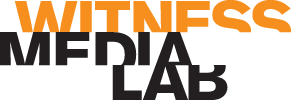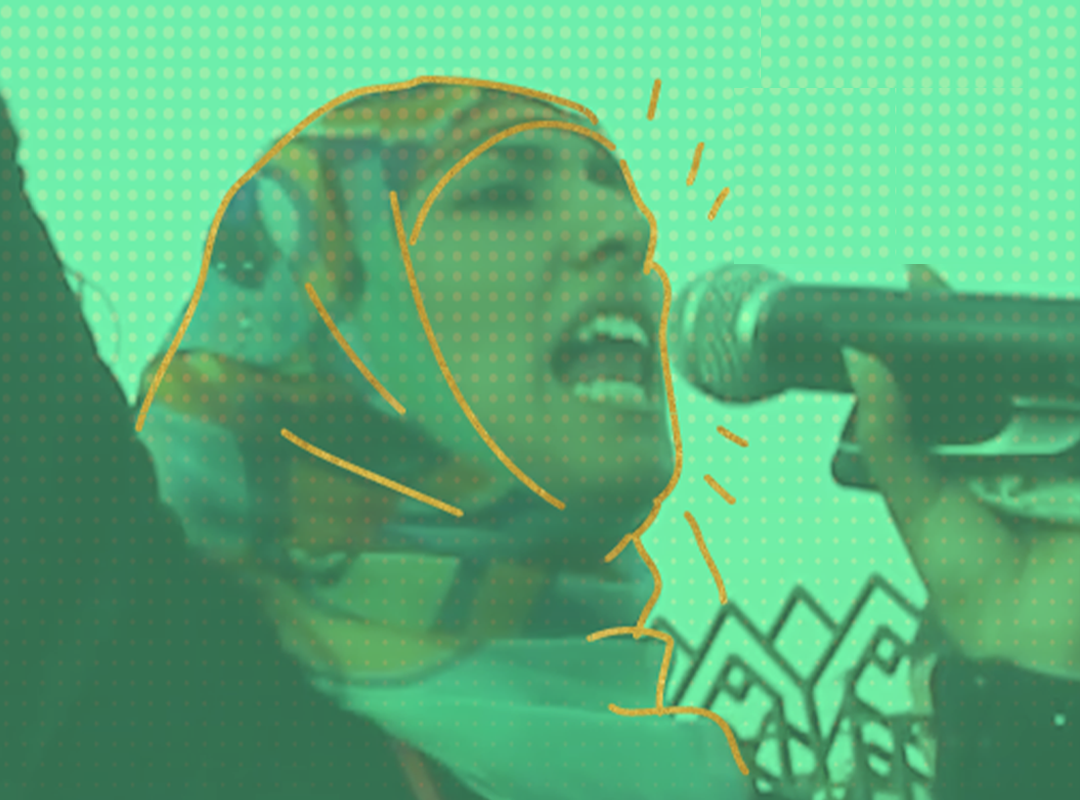File Sharing and Communication During a Shutdown
Featured Resources
-
Blog: Eyes On Shutdowns Campaign
-
Downloadable Resource: Documenting During Internet Shutdowns [English]
-
Downloadable Resource: Documenting During Internet Shutdowns [Español]
-
Downloadable Resource: Documenting During Internet Shutdowns [Arabic]
-
Blog: Documenting During Internet Shutdowns
-
Blog: Downloading Livestreams and Other Videos From Social Media
-
Blog: Right To Record During COVID-19
-
Video: Nigeria’s Twitter Ban Violates Human Rights
-
Video: Documenters Speak
WITNESS’ Standpoint
At WITNESS, our stance is that access to the internet is a human right, and internet shutdowns violate that right. They also severely disrupt people’s lives and livelihoods and have a global economic impact. Internet poverty is especially magnified during a global pandemic. Although globally, internet access is rising, according to World Data Lab, 1.1 billion people are internet poor.
In 2016, WITNESS came together with a coalition of groups from around the world to speak out against internet shutdowns and demand that governments #KeepItOn. We have observed that network disruptions often occur during protests, elections, and periods of political instability. They are often accompanied by heightened state repression, military offensives, and violence. Increasingly, shutdowns are lengthening in duration, are becoming harder to detect, and spreading across many regions of the world.
Strategies for Video Documenters
WITNESS has been working with communities directly affected by shutdowns for many years. We have learnt important tips, techniques and strategies from actors on the ground, in capturing and preserving video evidence during shutdowns. As we launch our global campaign ‘Eyes on Internet Shutdowns: Documenting for Human Rights’, we want to emphasize that preparation is key. We think that activists, citizen eye witnesses, journalists and filmers do not have to wait until an internet shutdown is in place to utilize these valuable guidelines.
The tips we share can be applied to Android devices and iPhones, some of which require advance planning (and often, internet access). Not all require a computer. It would be good to review these strategies from time to time, and to implement any steps before you are in a situation where you do not have access to the internet and you need to document. Download the tutorials so you can refer to them or share them during a shutdown. And finally, start practicing the techniques and methods in your everyday work so that they become second-nature before you are in a crisis situation.
The internet continues to be a vital tool that provides space for activists and citizen eye-witnesses to organize movements, to amplify messages, and expose human rights violations. In the weeks ahead, WITNESS will be sharing more resources and blog posts in multiple languages to support documentation efforts across the world. As we hold those in power accountable together, we invite you to share your ideas and strategies by reaching out to us via email, or by tweeting and sharing posts using the hashtag: #EyesOnShutdowns.
Key Resources
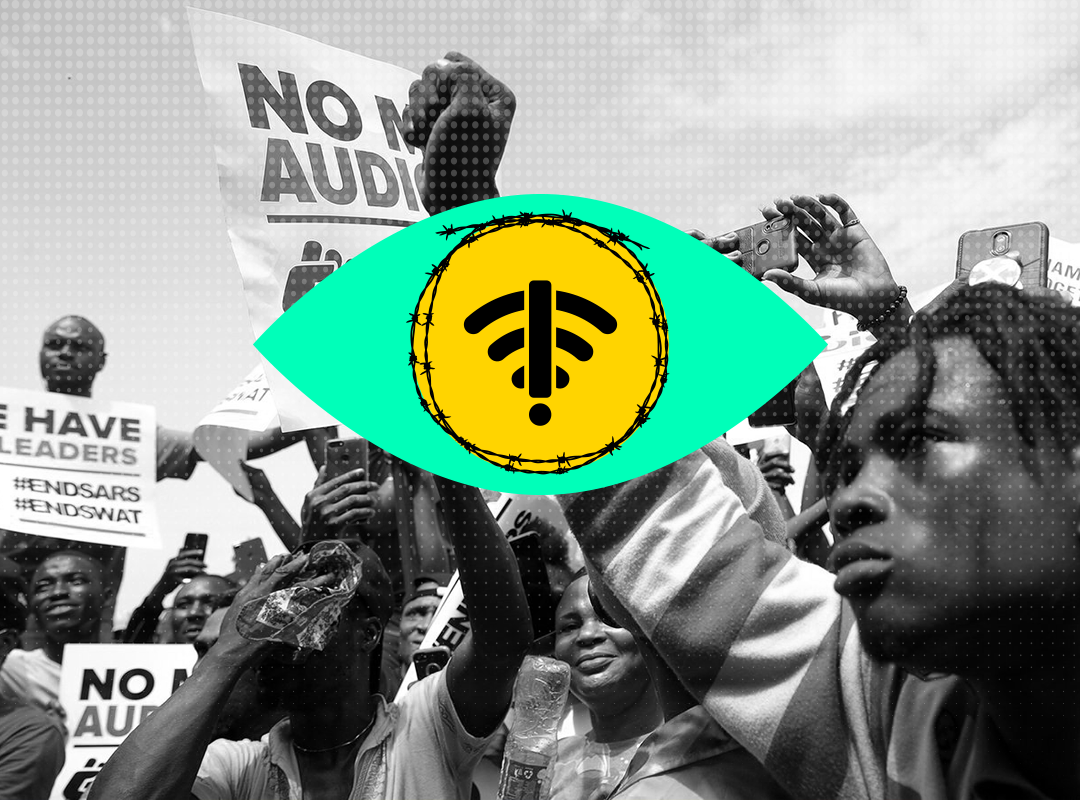
Documenting During Internet ShutdownsFULL BLOG SERIES |
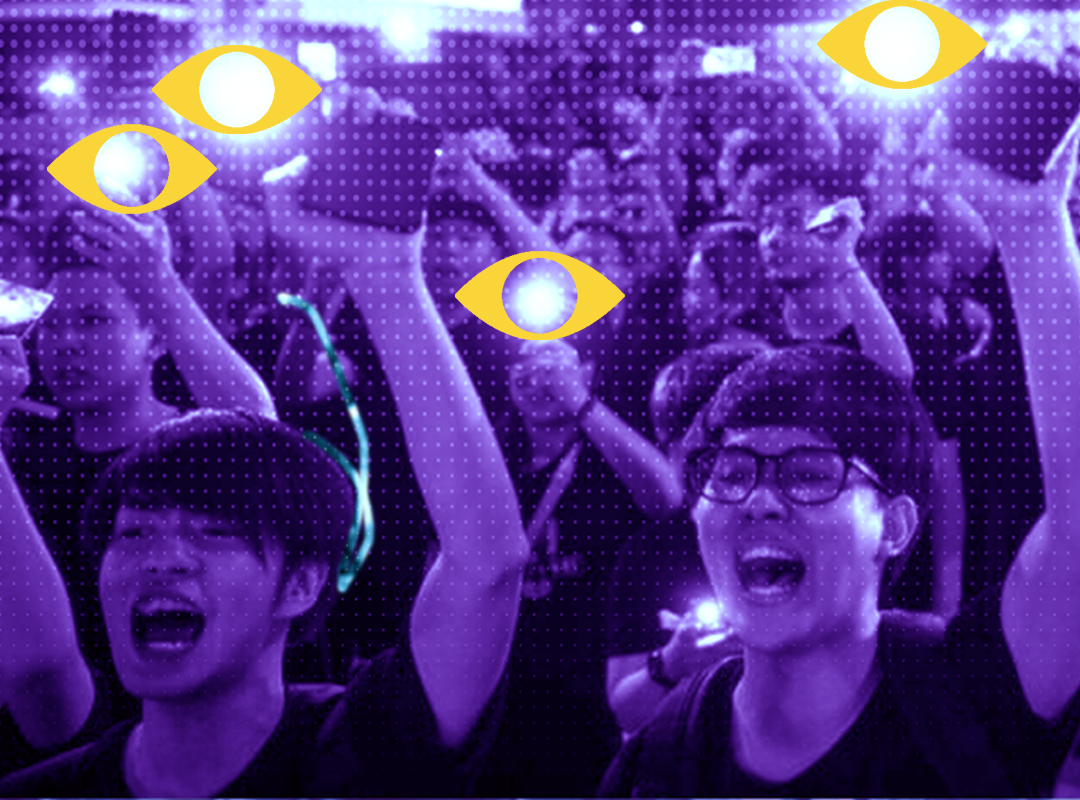
အင်တာနက်ဖြတ်တောက်ချိန်တွင်မှတ်တမ်းတင်ခြင်းလက်တွေ့ကျသော အကြံပေးချက်များပါဝင်သည့်ဘလော့ဂ်စီးရီး |
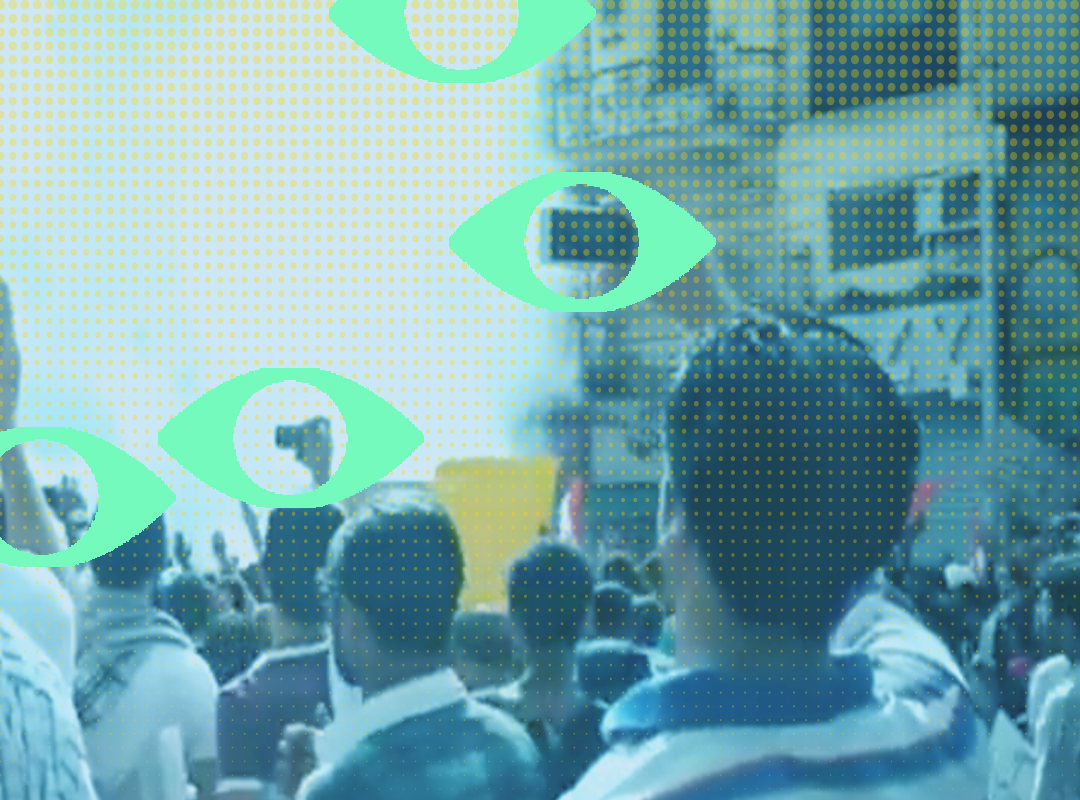
انٹرنیٹ بندشوں کے دوران دستاویزسازیایک بلاگ سیریز |
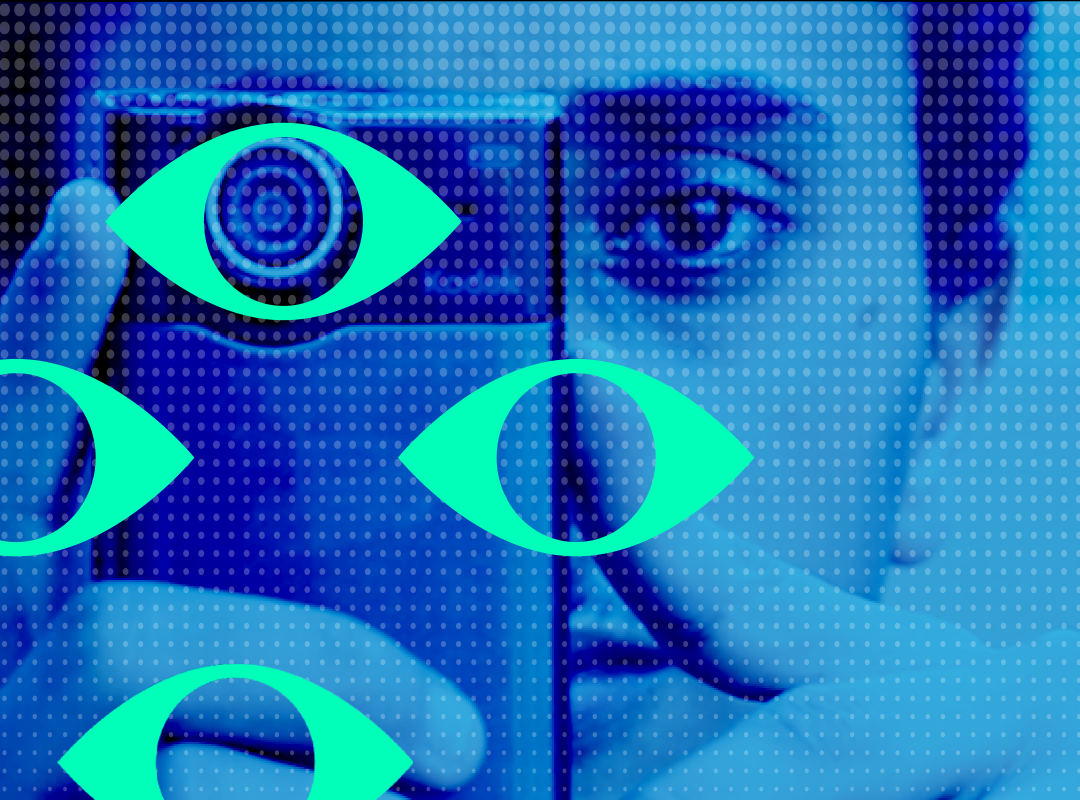
التوثيق في وقت حجب الانترنتسلسلة التدوينات كاملة |
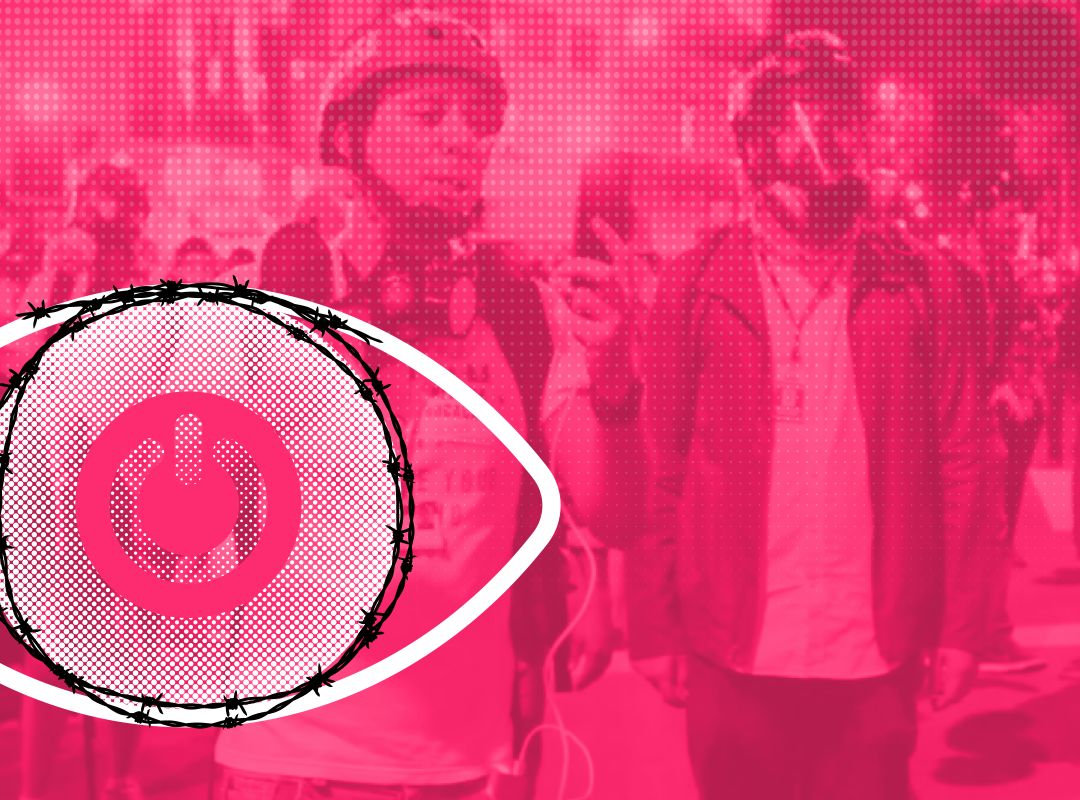
Documentar Durante Apagones de InternetSERIE COMPLETA DE BLOGS |
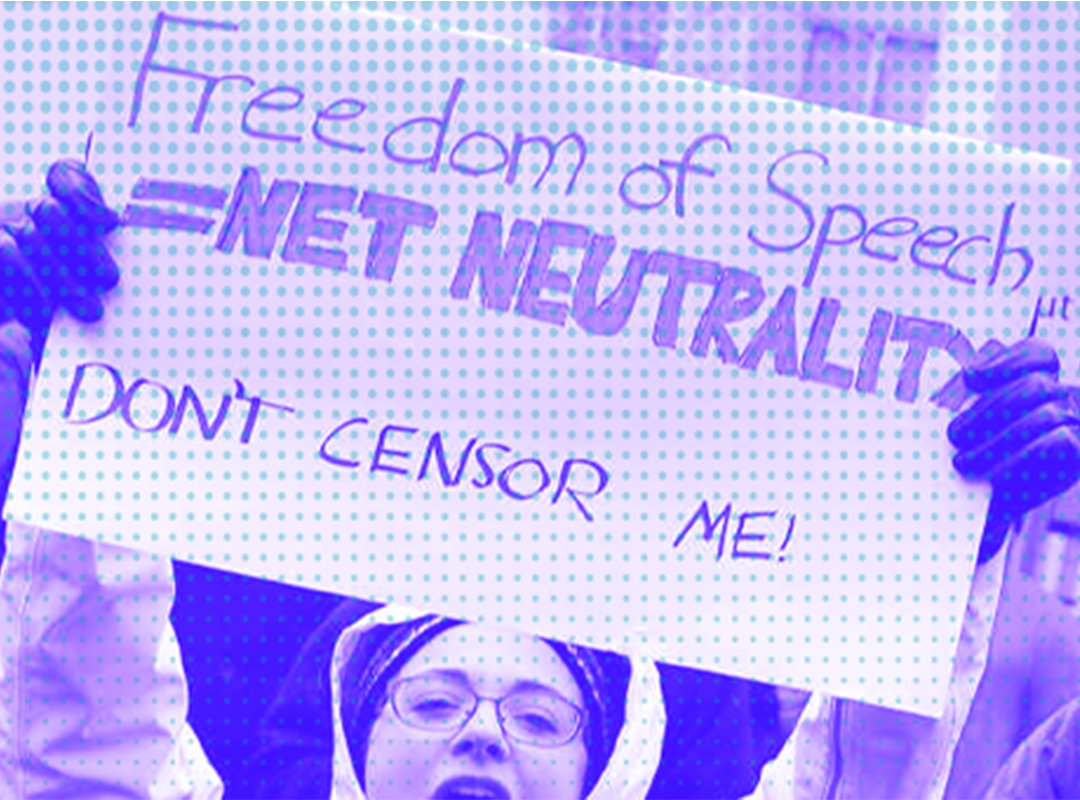
Could An Internet Shutdown Happen in the U.S.?BLOG |
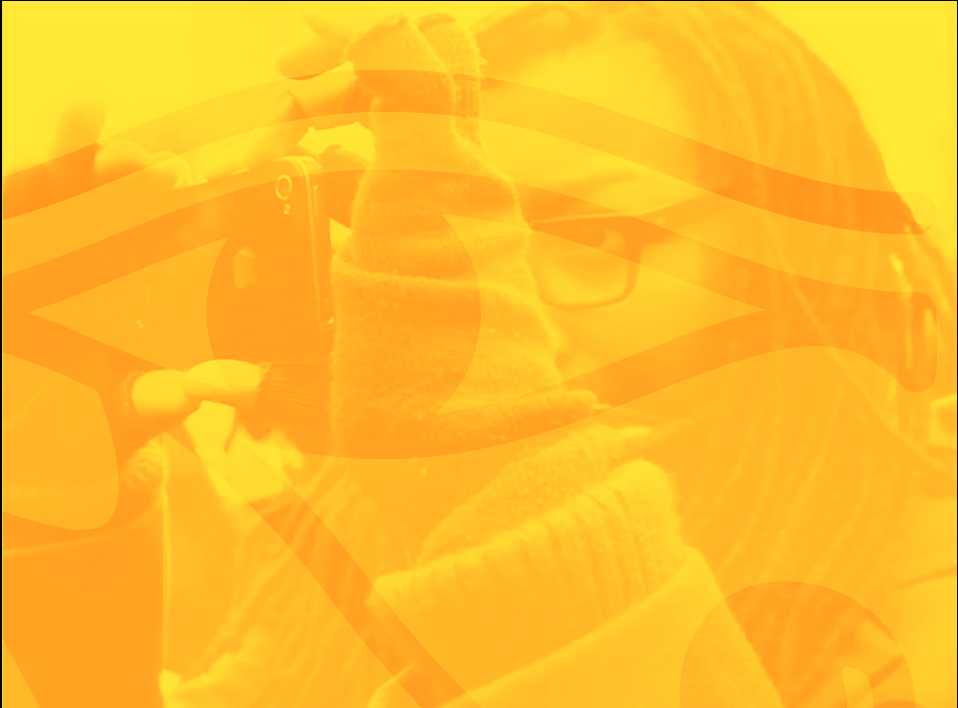
Setting Up A Phone for Offline DocumentationINSTRUCTIONAL VIDEO |

ДОКУМЕНТИРОВАНИЕ ПРИ ОТКЛЮЧЕНИИ ИНТЕРНЕТАПолная серия статей |
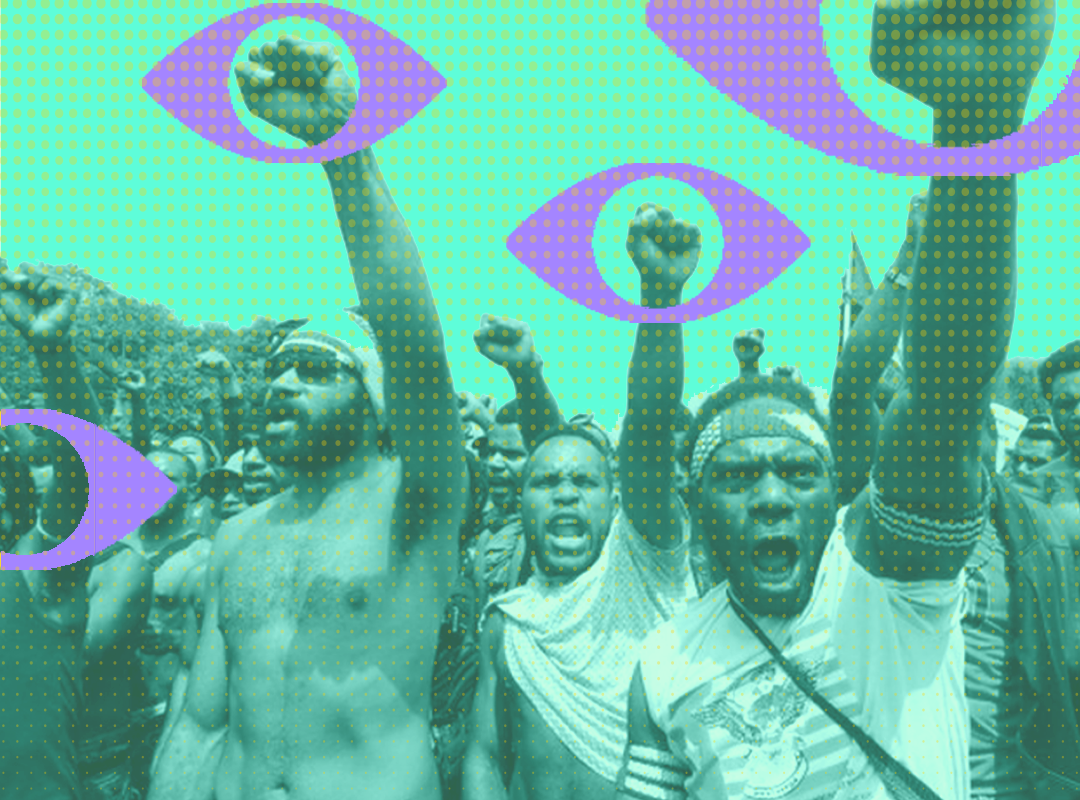
Cara Pendokumentasian Selama Pemadaman InternetTULISAN BERSERI |
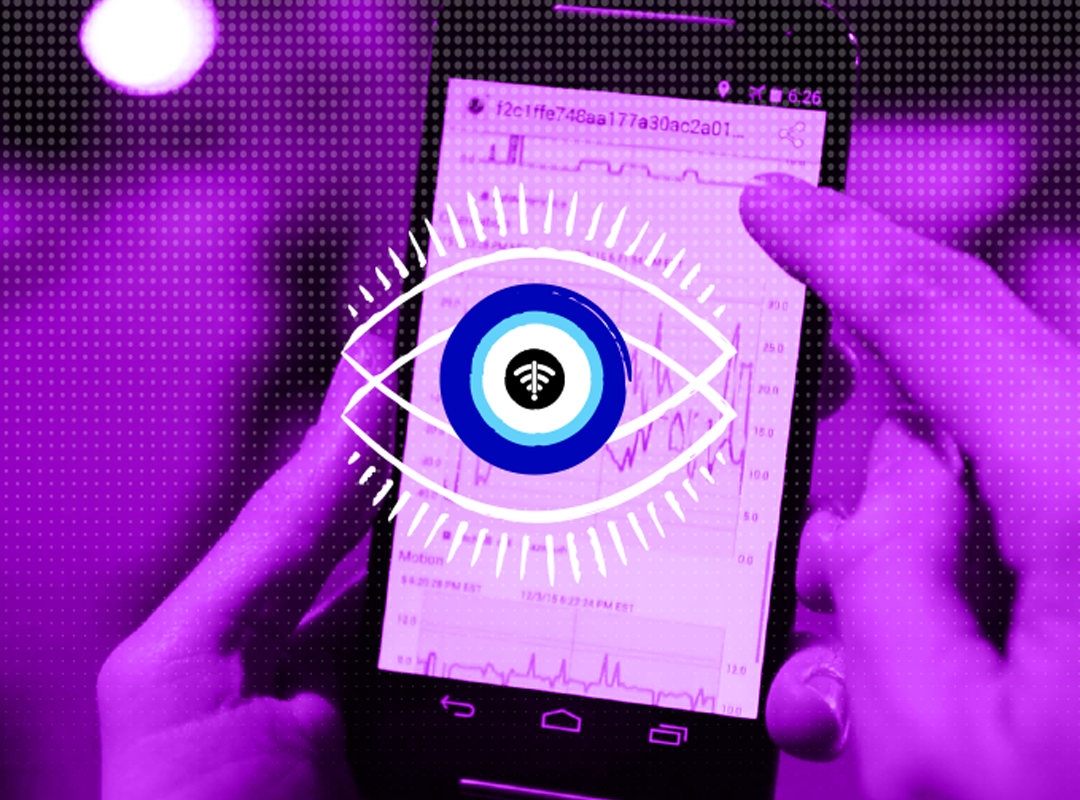
Maintaining Verifiable Media During an Internet ShutdownINSTRUCTIONAL VIDEO |
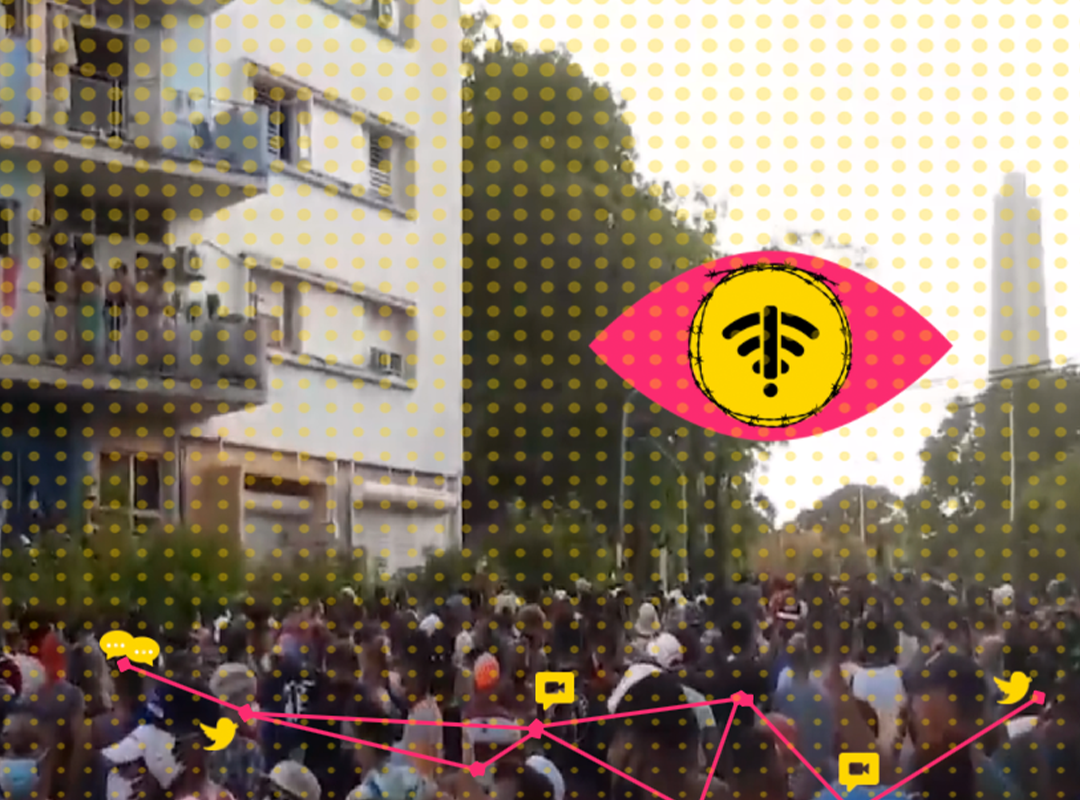
A Pesar De Los Bloqueos: América Latina y El Caribe Siguen TransmitiendoBLOG |
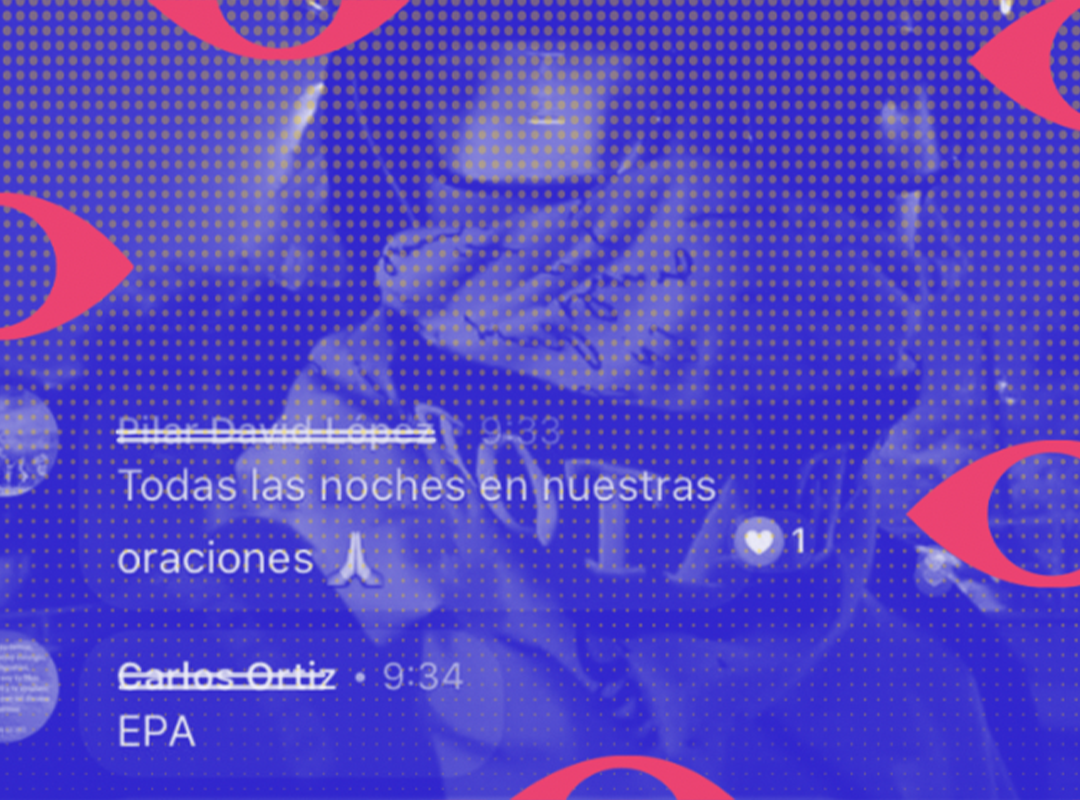
Tácticas de Repuesta Ante Los Bloqueos En Internet en América LatinaBLOG |

Eyes on Internet Shutdowns PlaylistVIDEOS |
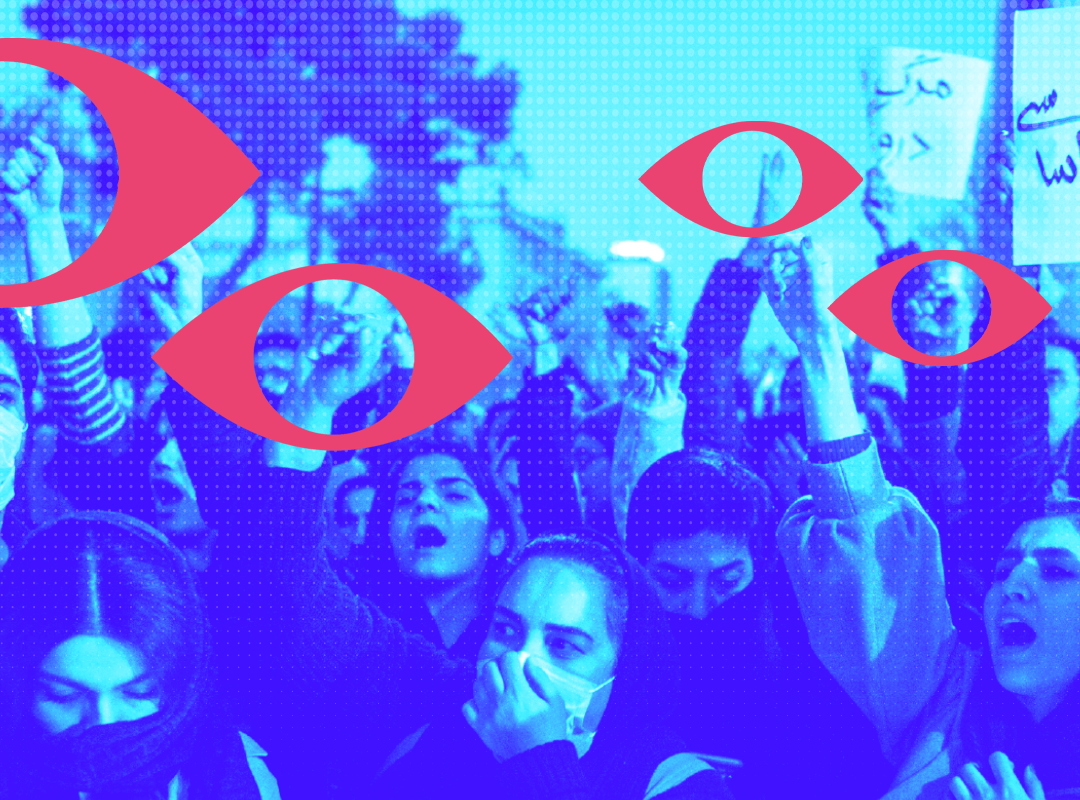
مستند کردن تجربهها در زمان خاموشی اینترنتمجموعه کامل وبلاگها |
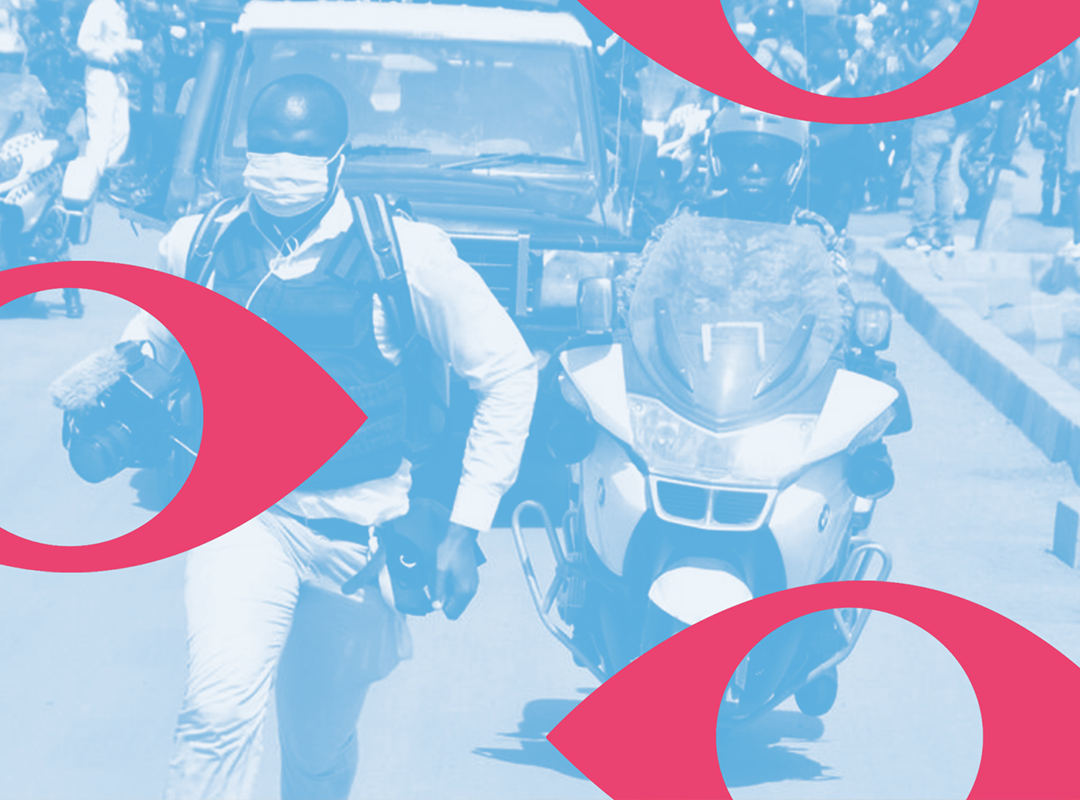
Ugandan Elections: 'We Made Sure the Cameras Kept Rolling for Safety'BLOG |
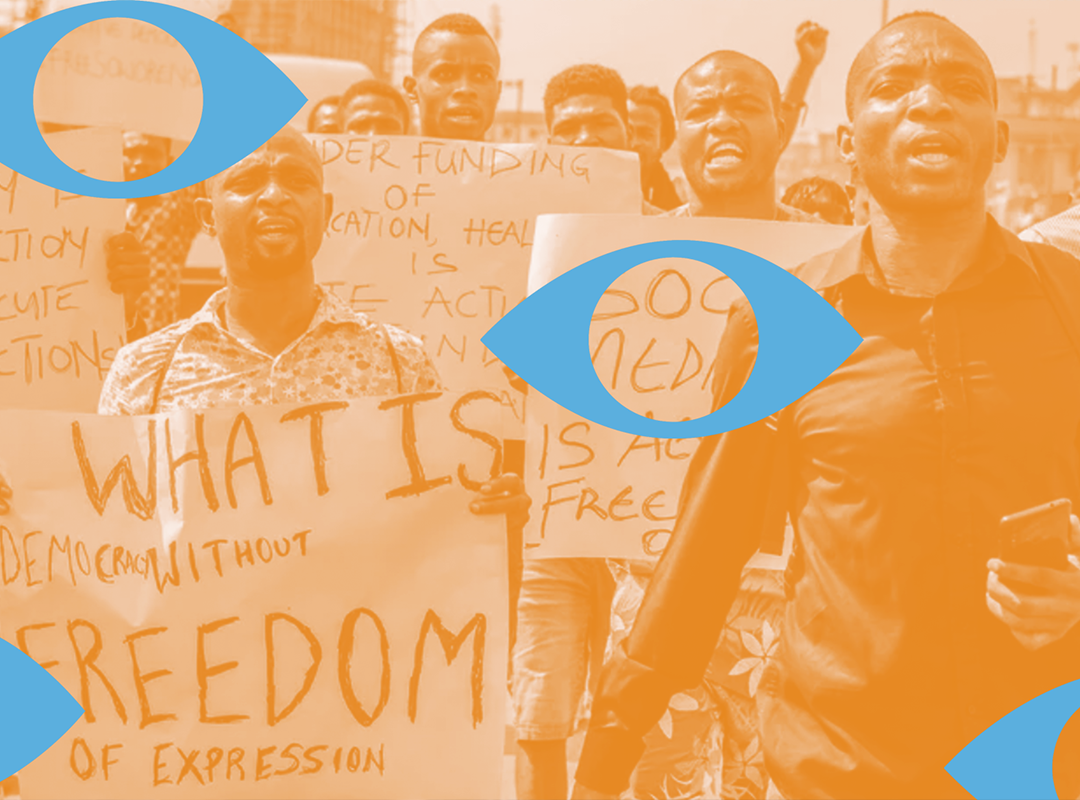
The Wrongfulness of Nigeria’s Ban on TwitterBLOG |
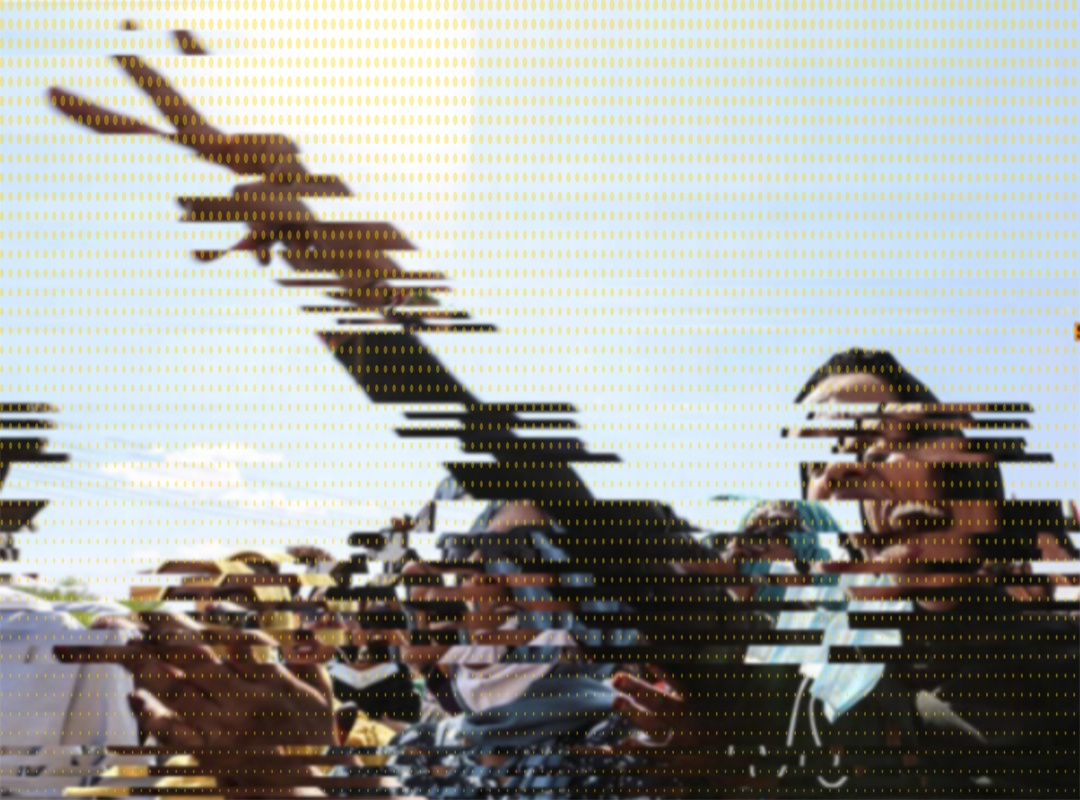
تشارك نصائح الخبراء والنشطاء مع المتظاهرين في السودانمقالات |
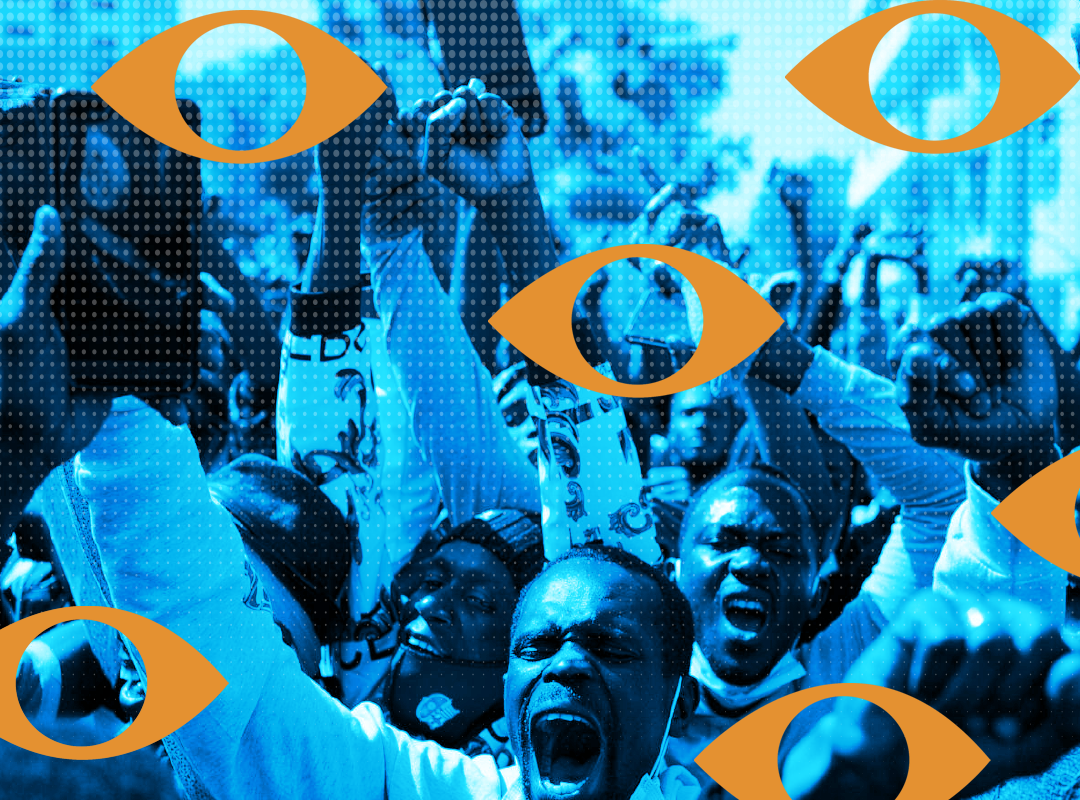
JINSI YA KUWEKA KUMBUKUMBU WAKATI MTANDAO UMEZIMWA JINSIMFULULIZO KAMILI WA BLOGU |
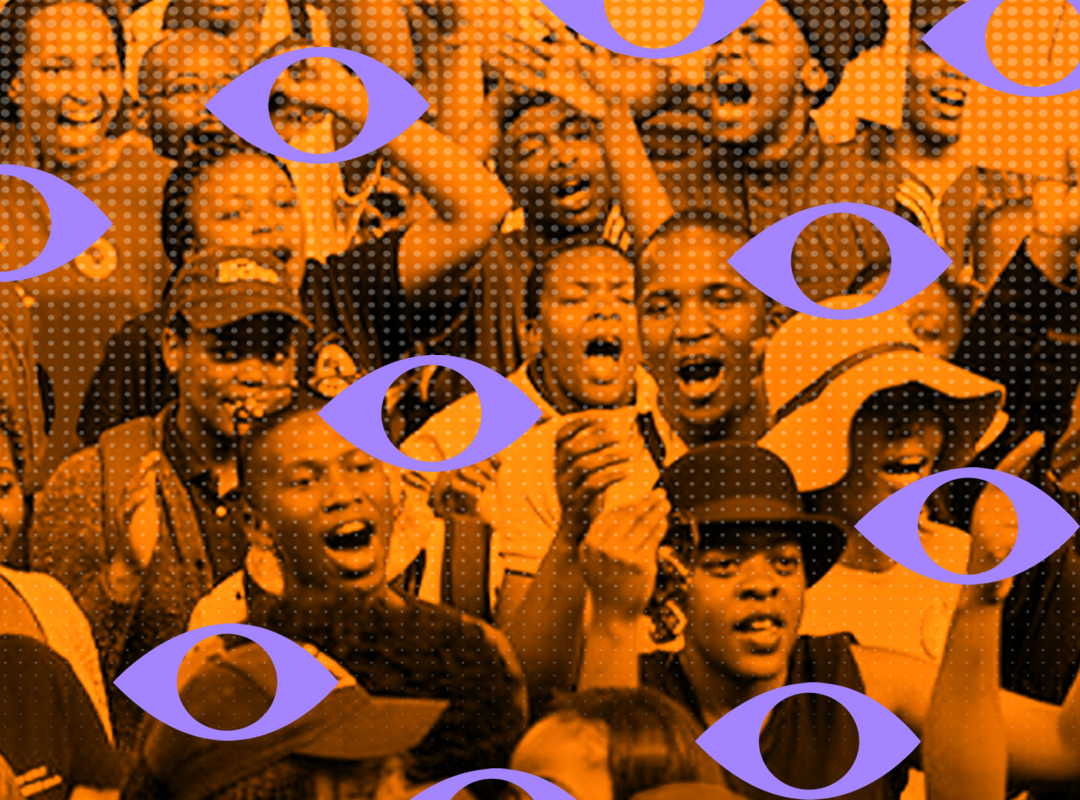
DOCUMENTER UN SUJET PENDANT UNE COUPURE INTERNETSÉRIE DE BLOGS |
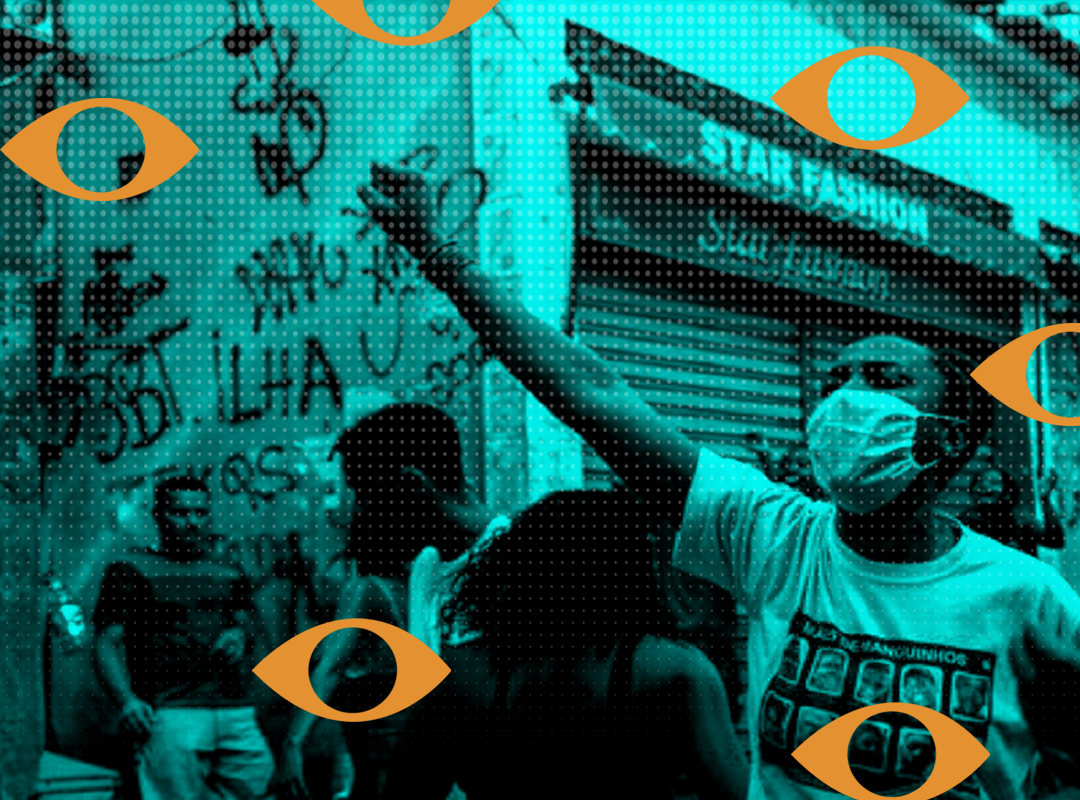
COMO DOCUMENTAR DURANTE BLOQUEIOS DA INTERNETSÉRIE COMPLETA |
